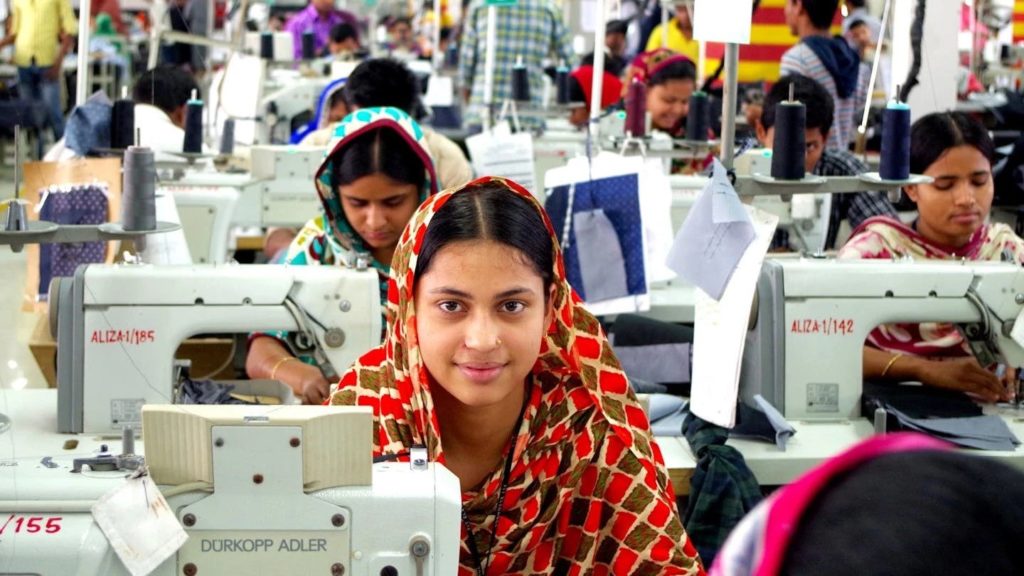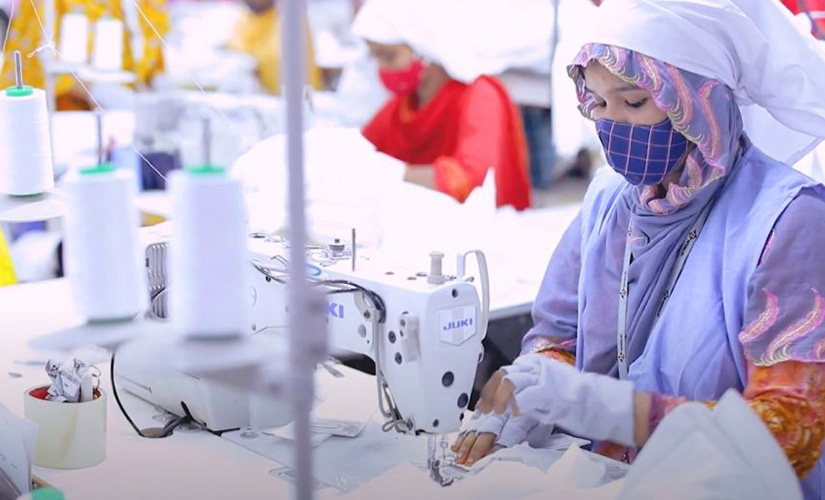In the dynamic and competitive realm of the garment industry, the adoption of Enterprise Resource Planning (ERP) software has become a pivotal strategy for businesses aiming to streamline operations, enhance efficiency, and bolster productivity. ERP systems integrate various processes across departments into a single, unified system, providing real-time insights and analytics to facilitate informed decision-making. This article delves into the transformative impact of ERP software on the garment industry, highlighting its functionalities, benefits, and critical considerations for implementation.
The Essence of ERP Software in Garment Manufacturing
Garments ERP software serves as the backbone of modern garment manufacturing operations. It orchestrates the coordination of different facets of the production process—from material procurement to product delivery—ensuring that resources are optimally utilized and processes are seamlessly executed. By offering a centralized platform for data management, ERP systems enhance transparency and accessibility of information across the organization.
The Pattern of Challenges in the Garment Industry
The garment industry faces a unique set of challenges, including fluctuating demand, seasonal trends, complex supply chains, and the constant need for innovation. Managing these aspects manually or through disparate systems can lead to inefficiencies, errors, and missed opportunities. Here, the role of ERP software becomes critical, acting as the central thread that ties together all facets of the operation.
Tailoring Solutions with ERP Software
ERP software designed for the garment industry offers a custom-fit solution that addresses the specific needs of apparel manufacturers and distributors. Here’s how it makes a difference:

Integrated Processes
From material procurement to final delivery, ERP software integrates all business processes into a single, coherent system. This integration ensures real-time visibility across the entire operation, facilitating informed decision-making and swift responses to market changes.
Inventory Management
Effective inventory management is crucial in the garment industry, where overstocking or stockouts can significantly impact profitability. ERP systems offer advanced inventory management tools that track stock levels, predict demand, and help maintain the right balance of inventory, reducing waste and optimizing storage costs.
Supply Chain Transparency
With complex and often global supply chains, having a transparent view of every link is vital. ERP software provides real-time tracking of materials and products, supplier management tools, and logistics planning, ensuring timely deliveries and minimizing disruptions.
Financial Management
ERP systems come equipped with robust financial management features, including accounting, budgeting, and cost analysis. This enables businesses to keep a tight grip on their finances, monitor profitability, and make strategic investments.
Quality Control
Maintaining product quality is paramount in the garment industry. ERP software facilitates quality control processes by tracking production stages, identifying issues early, and ensuring compliance with standards, thus preserving brand reputation and customer satisfaction.
Compliance and Sustainability
As the industry moves towards greater sustainability, ERP software helps businesses comply with environmental regulations and manage certifications. It enables tracking of sustainable practices, from sourcing eco-friendly materials to waste management, aligning operations with green initiatives.
The Impact of ERP: A Case for Transformation
Implementing ERP software can transform the garment industry in numerous ways, enhancing efficiency, reducing costs, and driving growth. It allows businesses to adapt quickly to market dynamics, meet customer expectations for quality and sustainability, and stand out in a competitive landscape.
Moreover, the data-driven insights provided by ERP systems empower businesses to strategize effectively, forecast trends, and make informed decisions, setting the foundation for long-term success.
Key Features and Functionalities:
Comprehensive Inventory Management: ERP systems provide robust tools for managing inventory levels, tracking stock movements, and forecasting demand. This ensures that materials are available when needed, reducing the risk of production delays and minimizing excess inventory costs.
Supply Chain Optimization: Through advanced analytics and real-time monitoring, ERP software facilitates the optimization of supply chain operations. It enables businesses to identify bottlenecks, streamline supplier interactions, and improve logistics planning, thus enhancing overall supply chain efficiency.
Financial Management and Reporting: With integrated financial management capabilities, ERP software simplifies accounting processes, budgeting, and financial reporting. This allows garment manufacturers to monitor their financial health, control costs, and improve profitability.
Quality Control and Compliance: ERP systems support stringent quality control measures and compliance management. By automating quality inspections and tracking compliance requirements, businesses can ensure that products meet industry standards and customer expectations.

Benefits of Implementing ERP Software in the Garment Industry:
Increased Operational Efficiency: By automating routine tasks and consolidating data across departments, ERP software significantly reduces manual labor and streamlines operations, leading to increased efficiency and productivity.
Enhanced Decision-Making: Real-time data analytics and reporting functionalities provide managers with actionable insights, enabling them to make informed decisions that drive business growth and competitiveness.
Improved Customer Satisfaction: ERP systems facilitate better order management and delivery processes, ensuring that customers receive high-quality products in a timely manner. This enhances customer satisfaction and loyalty.
Scalability and Flexibility: Modern ERP solutions are designed to be scalable and flexible, allowing garment manufacturers to adapt to market changes, expand their operations, and incorporate new functionalities as the business grows.

Critical Considerations for ERP Implementation:
Choosing the Right ERP Solution: Selecting an ERP system that aligns with the specific needs and processes of the garment industry is crucial. Businesses should evaluate various options, considering factors such as functionality, scalability, and ease of use.
Change Management and Training: Successful ERP implementation requires effective change management and comprehensive training programs to ensure that employees are proficient in using the new system.
Data Migration and Integration: Migrating data from existing systems to the new ERP software and integrating it with other business applications are critical steps that require careful planning and execution.
Ongoing Support and Maintenance: Partnering with a reliable ERP provider who offers ongoing support and maintenance services is essential to address any issues promptly and ensure the smooth operation of the system.
In conclusion, the integration of ERP software into the garment manufacturing process represents a strategic investment that can significantly enhance operational efficiency, improve decision-making, and drive business growth. By carefully selecting and implementing the right ERP solution, garment manufacturers can position themselves for success in the competitive global market. GCTL INFOSYS is one of the most prominent Garments ERP Software Development Company in Bangladesh.





